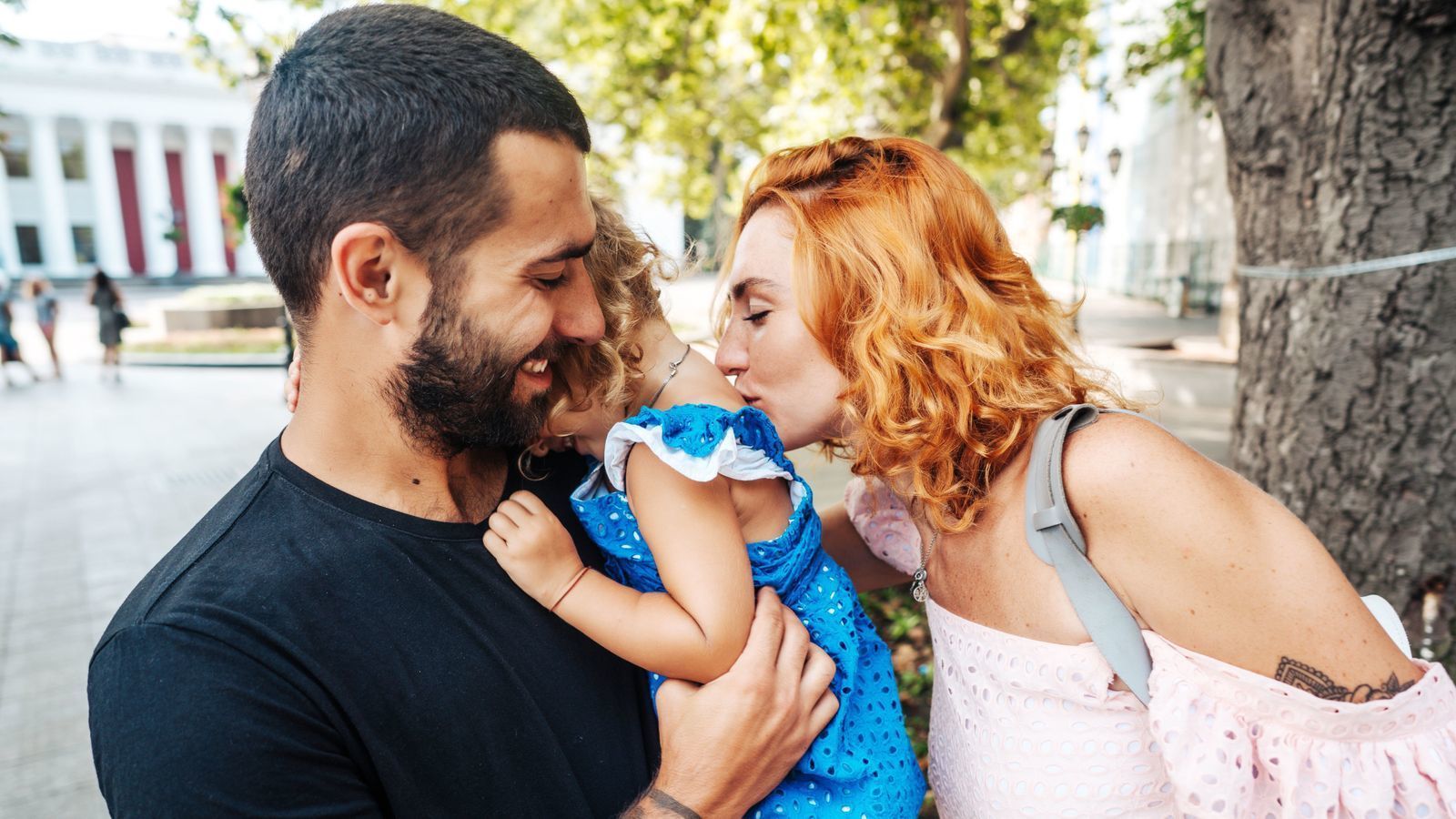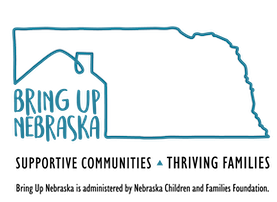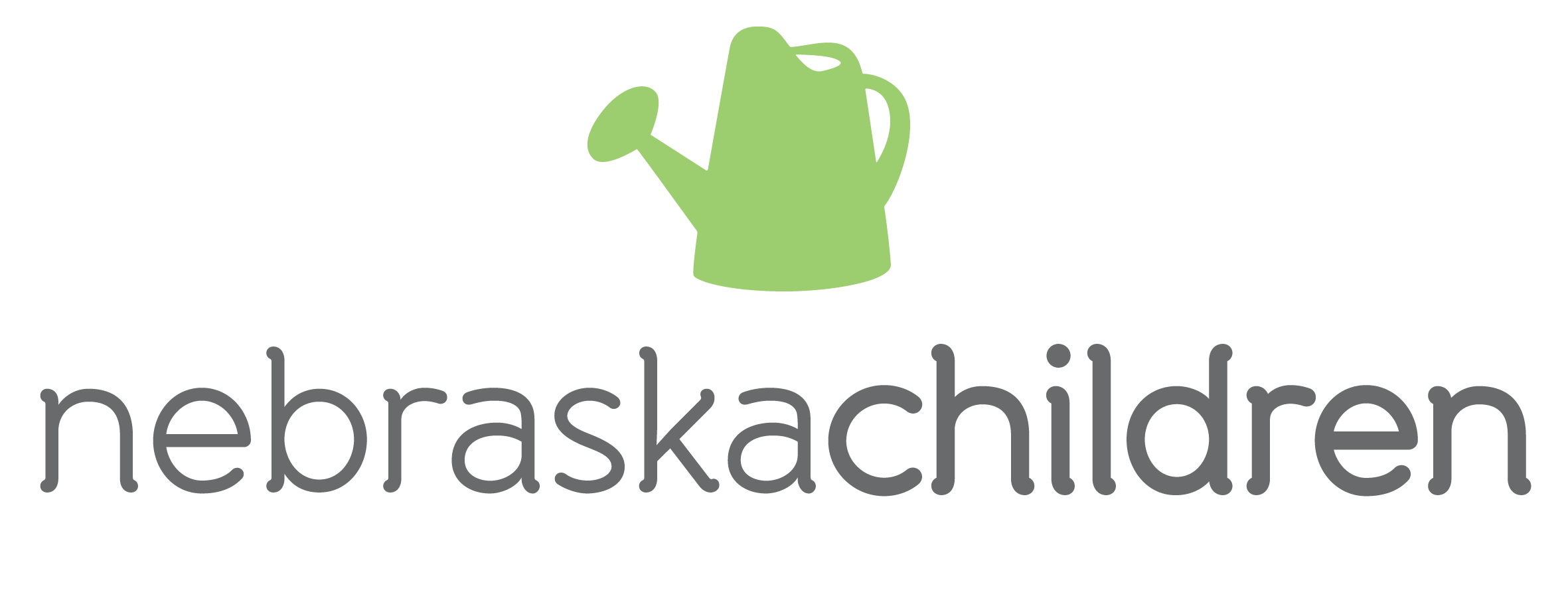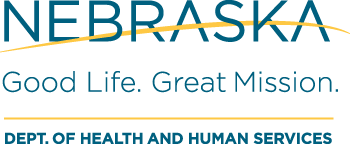Overview
By bringing together state and local agencies, leaders and citizens, Bring Up Nebraska is helping to ensure that every community across Nebraska is working to increase the availability of critical supports and services, reduce unnecessary government system involvement, and improve the lives of Nebraska children and families. The United States Children’s Bureau recently selected Nebraska to participate in an opportunity called Thriving Families, Safer Children (“Thriving Families”) due to the progress that has been made by the community well-being collaboratives in the Bring Up Nebraska Initiative.
Bring Up Nebraska’s Community Well-Being (CWB) model is based on the belief that all individuals and families face challenges, and that providing support early, before challenges escalate into crises, improves outcomes for children, adults, and communities. Local communities are the foundation of our work because they are best situated to provide services and supports that build protective factors and resilience to future challenges, and because decision-making about what works for well-being lies within communities and homes of our families.
Our Focus
- Reshaping the current child welfare system to better support the CWB model by collaborating with other partners and providing aligned funding, supports, and services.
- Ingraining of the CWB model within the state government and local communities so it continues as the operational norm regardless of political or administrative leadership changes over time.
- Including families, youth, and other community members in the leadership and decision-making process at both state-wide and community levels.
| S | M | T | W | T | F | S |
|---|
| 29 | Jun 30 | Jul 1 | 2 | 3 | 4 | 5 |
|---|---|---|---|---|---|---|
| 6 | 7 | 8 | 9 | 10 | 11 | 12 |
|---|---|---|---|---|---|---|
| 13 | 14 | 15 | 16 | 17 | 18 | 19 |
|---|---|---|---|---|---|---|
| 20 | 21 | 22 | 23 | 24 | 25 | 26 |
|---|---|---|---|---|---|---|
| 27 | 28 | 29 | 30 | Jul 31 | Aug 1 | 2 |
|---|---|---|---|---|---|---|
This month does not have any events.
Bring Up Nebraska/Thriving Families Documents
-
To join a workgroup, please reach out to the contact provided for each group.
-
Must be opened in Adobe.
-
This version does not require Adobe Reader.
